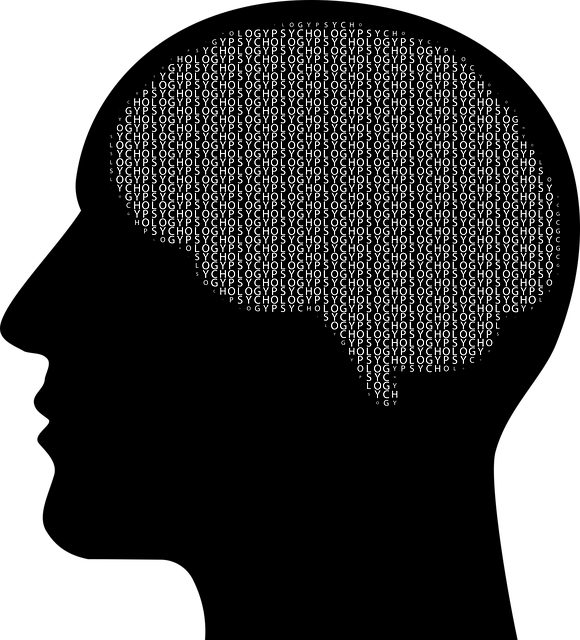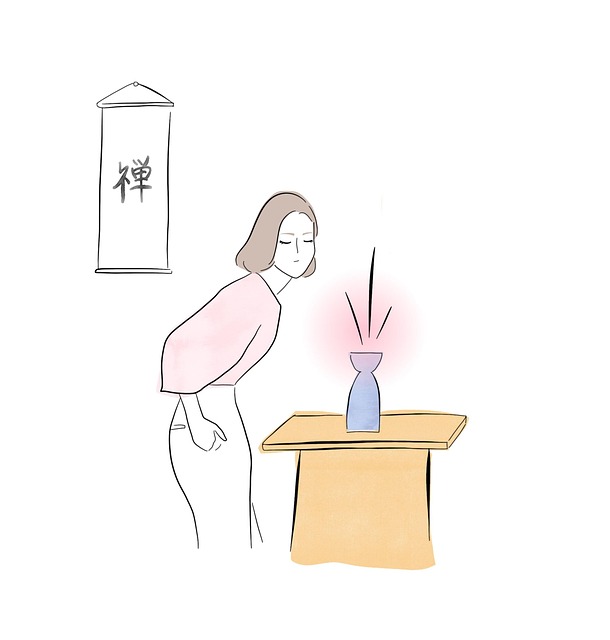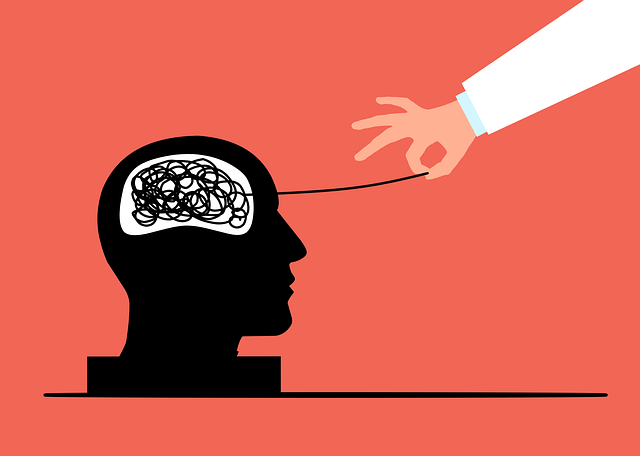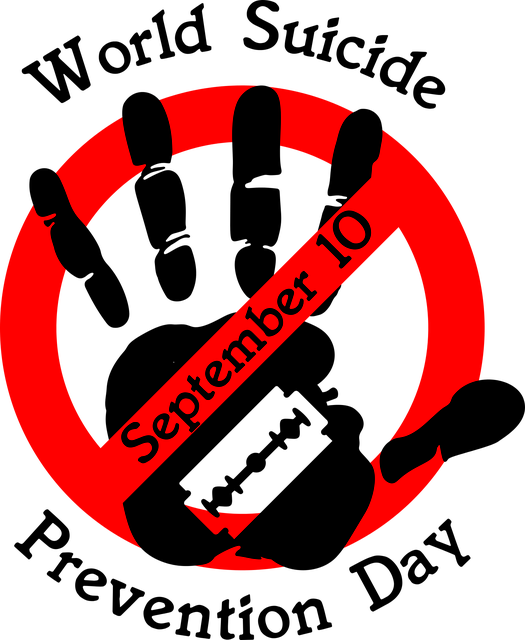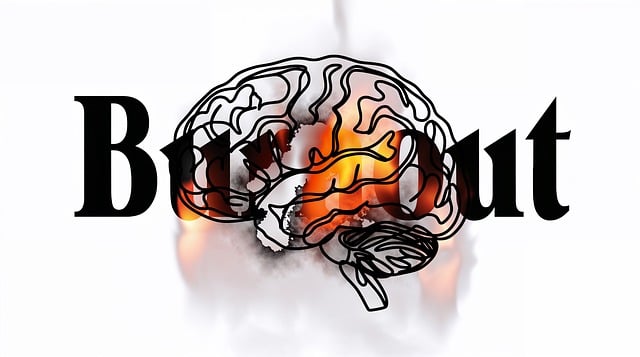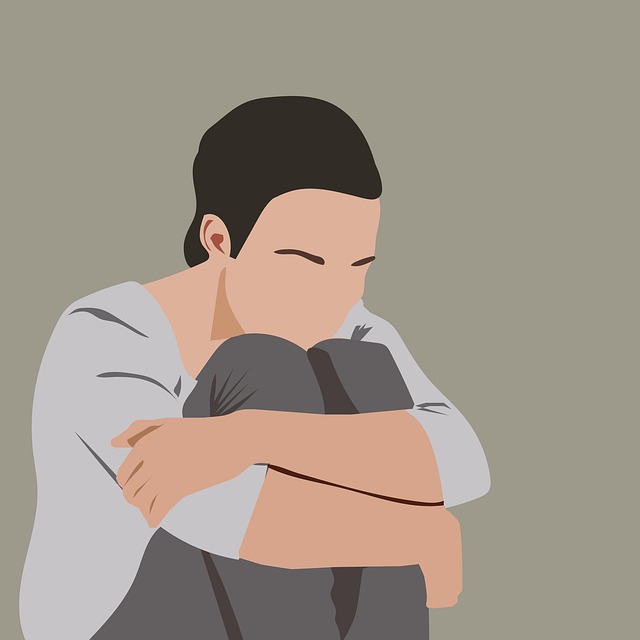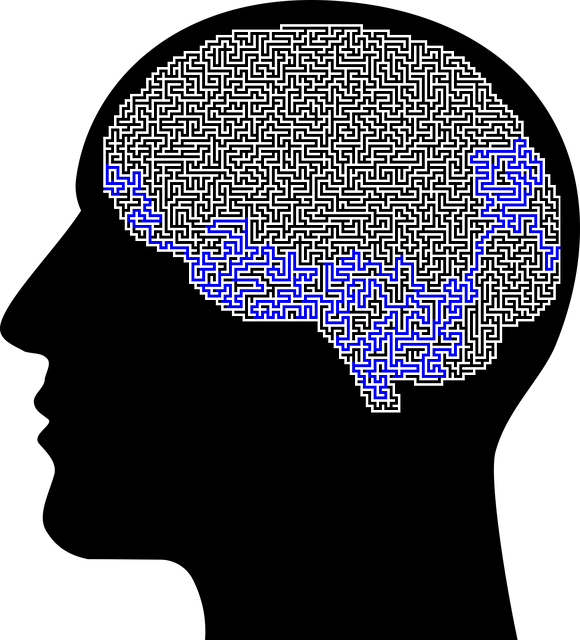For effective management of Northglenn Panic Disorder and Anxiety Attacks Therapy, the Resourceful Living Therapy (RFM) framework offers a tailored approach. By focusing on resilience-building through understanding triggers, patterns, and stress management, RFM empowers individuals to develop personalized coping mechanisms. This evidence-based method combines emotional intelligence enhancement, crisis intervention, and structured exercises to reduce anxiety symptoms, increase calmness during panic attacks, and foster mental wellness through physical activity and social engagement.
Resilience is a powerful tool in facing life’s challenges, especially for individuals struggling with anxiety disorders. This article explores Resilient Focused Mindfulness (RFM), an innovative approach that combines mindfulness practices with cognitive strategies to build mental fortitude. We delve into how RFM can be a game-changer for those dealing with Northglenn Panic Disorder and Anxiety Attacks, offering a unique therapy solution. Learn effective exercises to enhance resilience through RFM, providing valuable insights for personal growth and well-being.
- Understanding RFM and Its Role in Resilience Building
- Northglenn Panic Disorder and Anxiety Attacks: A Case for RFM Therapy
- Effective Exercises to Enhance Resilience Through RFM
Understanding RFM and Its Role in Resilience Building

Resilience is a powerful tool for managing and overcoming challenges, especially when it comes to mental health conditions like Northglenn Panic Disorder and Anxiety Attacks Therapy. RFM, or Risk, Frequency, and Severity, is a framework that helps individuals understand their personal experiences in relation to potential triggers. By analyzing these factors, one can identify patterns and develop strategies to enhance emotional well-being promotion techniques. This approach allows people to navigate stressors with greater ease.
In the context of Northglenn Panic Disorder and Anxiety Attacks Therapy, RFM becomes a valuable asset. Healthcare providers equipped with cultural competency training can utilize this model to tailor interventions for each patient. Stress management is at the core of resilience building, and through RFM analysis, professionals can guide individuals in recognizing and modifying responses to stressful situations. This enables folks to foster emotional well-being and effectively manage anxiety symptoms.
Northglenn Panic Disorder and Anxiety Attacks: A Case for RFM Therapy

In many cases of Northglenn Panic Disorder and Anxiety Attacks, traditional therapy methods may not fully address the root causes. This is where RFM (Resourceful Living Therapy) comes into play as a powerful alternative. RFM focuses on building resilience and coping mechanisms tailored to each individual’s unique experiences and triggers. By combining evidence-based practices with personalized strategies, this approach helps individuals like those struggling with panic disorders to regain control of their lives.
The therapy involves exploring personal resources, enhancing emotional intelligence, and learning crisis intervention guidance. Through structured exercises and support from skilled therapists, participants develop effective stress management workshops organization techniques. These tools empower them to navigate challenging situations, reduce anxiety symptoms, and foster a greater sense of calm and resilience in the face of panic attacks.
Effective Exercises to Enhance Resilience Through RFM

Resilience is a key component in managing mental health issues such as Northglenn Panic Disorder and Anxiety Attacks Therapy. Effective exercises to enhance resilience often focus on Emotional Regulation and Mental Wellness. Techniques like mindfulness meditation, deep breathing exercises, and progressive muscle relaxation help individuals manage stress responses more effectively, reducing the frequency and intensity of anxiety attacks.
Incorporating regular physical activity into one’s routine is another powerful tool for building resilience against mental illness. Studies have shown that exercise releases endorphins, which can improve mood and reduce feelings of anxiety. Additionally, engaging in social activities alongside these exercises can foster a sense of belonging and support, contributing to Mental Illness Stigma Reduction Efforts by promoting understanding and empathy within communities.
Resilience is a powerful tool in managing mental health conditions like Northglenn panic disorder and anxiety attacks. By understanding RFM (Resource, Focus, and Motivation) and incorporating effective exercises into daily routines, individuals can significantly enhance their resilience. As demonstrated in the case of Northglenn Panic Disorder and Anxiety Attacks Therapy, RFM therapy offers a tailored approach to addressing specific challenges. Through these strategies, people can navigate life’s storms with greater ease, ensuring they are equipped to face and overcome future obstacles.
